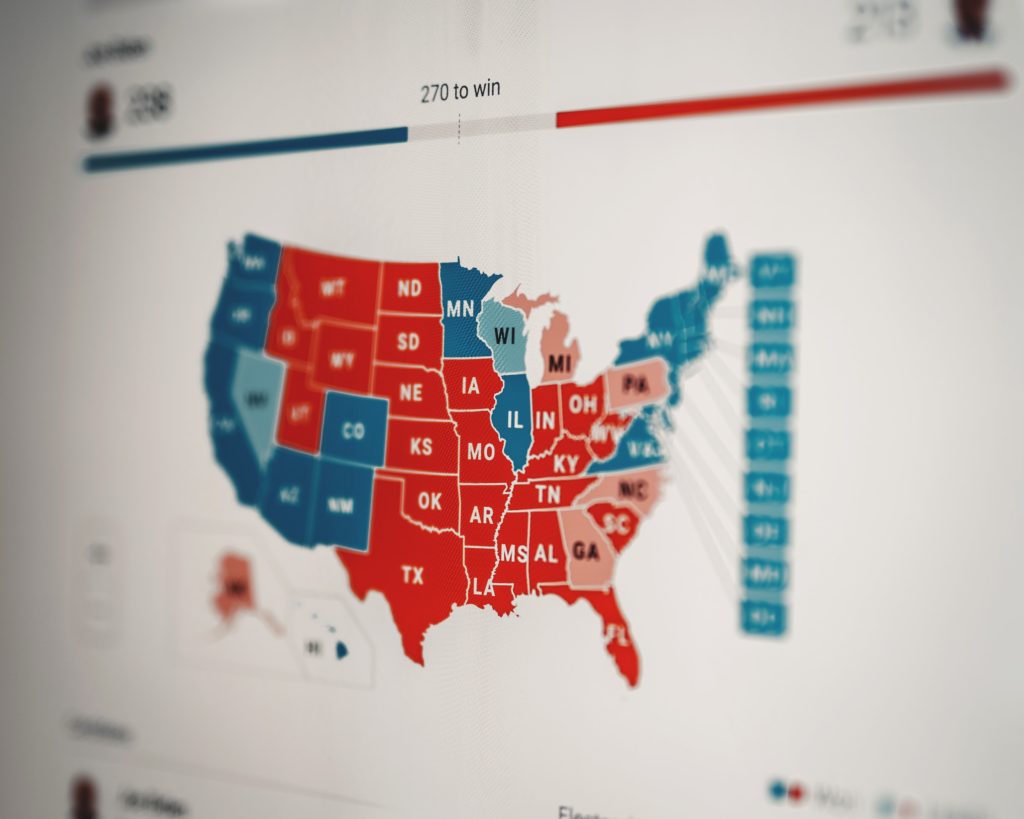The Electoral College has been a key part of U.S. elections since George Washington’s in 1789. However, it has been controversial, especially in recent years. So often, countries across the globe do not understand the election system in the United States, and this is because this is the only nation to use an electoral collage to elect its leader. One problem that people often see with the current system is that it can cause certain states to have more power in elections than others. Essentially, when you cast your vote for president, you are actually voting for who your state chooses, through the “electors.” Of the current 538 electors (435 for the House of Representatives, 3 for the District of Columbia and 100 senators), 270 votes are required for any candidate to win.
Let’s talk about distribution. This is a crucial factor in deciding the outcome of an election because it causes certain states with a smaller population to have more influence than a bigger state. For example, Wyoming has 3 electoral votes. One for one congressperson in the House and another 2 for their senators. California, a much larger state, has 55 Electoral College votes. It gets 53 from their congresspeople and 2 more from the senators. Now, initially, you may not see anything wrong with this. However, when you look at how many people are being represented by each electoral college point, you find that Wyoming’s points represent less people. In other words, each person in Wyoming has a more powerful vote than each person in California. If we base our numbers on the 2019 census, we can determine how many people each electoral point represents. Wyoming had a population of 578,759 people which divided by 3 equals around 193,000 per vote. In California, which has a population of 35.51 million, each electoral college point represents over 700,000 people. And this is where the flaw of the Electoral College can be seen.
If each vote was distributed evenly, then each electoral college point would represent 600,000 people. In addition, despite the fact that only 0.18% of the US population lives in Wyoming, that state controls .56% percent of the Electoral College votes. Whereas California makes up 12.1% of the U.S. population but only has 10.2% of the Electoral College points. There are two possible solutions to this issue.
One would be to have an election simply based on the “popular vote.” Whoever gets the most votes nationwide wins. Another solution would be to split the states Electoral College points like they currently do in Maine and Nebraska. For example, in Nebraska they award 2 Electoral College points to the overall winner of the state and then they award 1 Electoral College point to the winner of each of Nebraska’s 3 congressional districts. So in the 2020 election, although the overwhelming majority of Nebraska voted for Donald Trump, Joe Biden still received 1 electoral vote from Nebraska because of how they split their vote. Now, the chances of the U.S. switching to a popular vote is very low. This is because, despite the fact the overall opinion of the majority of the U.S. population wants to get rid of the Electoral College, the Republican Party does not. The Republicans have won 4 elections over the history of the U.S. because of the way the Electoral College operates. For example, in 2016 Hillary Clinton received almost 2.9 million more votes than Donald Trump but still lost the election by 74 Electoral College votes.
In conclusion, the Electoral College is controversial, especially these days. Often considered a vestige of history and a somewhat outdated system, many see it as opposing the idea of “One Person, One Vote.” While I believed that the Electoral College needs reform in order to increase how fair our elections are, there is no doubt that the Republican Party will fight with vigor to keep this integral party of the American election system, as long as it continues to benefit them.
Grant Walther, currently attending Palos Verdes High School in the Los Angeles area of California, is a sophomore who enjoys a wide range of academic pursuits. He participates in Model United Nations as well as Mock Trial. As a witness in the Mock Trial 2019 team competition last year ( People vs. Matsumoto), Grant earned a perfect 20 for his performance. Grant travels widely. He has visited over 30 countries. In the summer of 2018 he spent a summer in Oxford, England, where he attended the Oxbridge Program perfecting his fencing and punting skills on the Thames River. Excelling at history and the sciences, Grant earned admission to the National Junior Honor Society in 7th and 8th grade. He is most proud of his victory over the Staff in his 8th grade year as team leader of his Scholar Quiz Team. Grant enjoys sailing and weight lifting and plans on focusing on the sciences. He has volunteered extensively at the Cabrillo Marine Museum and led group tours for children. He looks forward to attending college on the Eastern Seaboard someday and is very excited to write for this newspaper.


